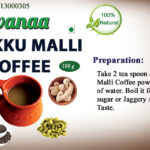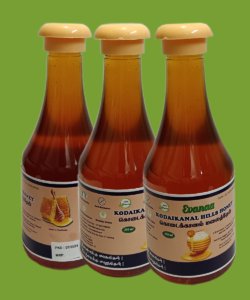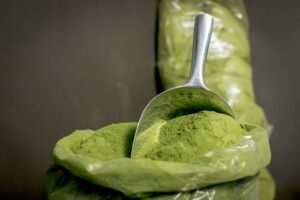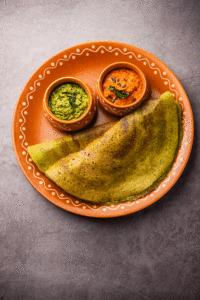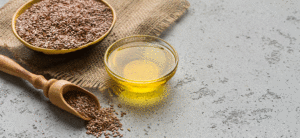Embrace the Power of Millets: A Nutritional Treasure for Optimal Health
In the quest for healthier eating habits, ancient grains have made a triumphant return to modern kitchens. Among these, millets stand out as a versatile and nutrient-rich option that offers a myriad of health benefits. Often overshadowed by more commonly known grains like wheat and rice, millets are now gaining the recognition they deserve for their impressive nutritional profile and health-promoting properties. Join us as we explore the world of millets and discover why these humble grains should become a staple in your diet.
What Are Millets?
Millets are a group of small-seeded grasses that have been cultivated for thousands of years. They are hardy crops that thrive in arid and semi-arid regions, making them a sustainable and resilient food source. There are several types of millets, each with its unique characteristics and benefits:
- Finger Millet (Ragi): Rich in calcium and iron, finger millet is excellent for bone health and anemia prevention.
- Pearl Millet (Bajra): Known for its high fiber content, pearl millet aids in digestion and helps control blood sugar levels.
- Foxtail Millet (Kakum): Packed with complex carbohydrates and protein, foxtail millet provides sustained energy and supports muscle health.
- Sorghum (Jowar): A gluten-free grain, sorghum is ideal for those with celiac disease or gluten sensitivity.
- Barnyard Millet (Sanwa): Low in calories and high in fiber, barnyard millet is perfect for weight management and digestive health.
Nutritional Profile of Millets
Millets are a nutritional powerhouse, offering a wide range of essential nutrients that contribute to overall health and well-being. Here’s a glimpse of their nutritional benefits:
- High Fiber Content: Millets are rich in dietary fiber, which aids in digestion, prevents constipation, and promotes a healthy gut.
- Protein-Rich: These grains are a good source of plant-based protein, making them a valuable addition to vegetarian and vegan diets.
- Vitamins and Minerals: Millets are packed with essential vitamins and minerals, including iron, magnesium, phosphorus, potassium, and B vitamins.
- Antioxidants: They contain potent antioxidants like phenolic acids and flavonoids, which help combat oxidative stress and reduce inflammation.
- Low Glycemic Index: Millets have a low glycemic index, meaning they release glucose slowly into the bloodstream, helping to regulate blood sugar levels.
Health Benefits of Millets
Incorporating millets into your diet can offer numerous health benefits:
- Supports Digestive Health: The high fiber content in millets promotes regular bowel movements and supports a healthy digestive system.
- Manages Blood Sugar Levels: Millets’ low glycemic index makes them an excellent choice for individuals with diabetes or those looking to manage their blood sugar levels.
- Aids in Weight Management: The fiber in millets helps you feel full for longer, reducing overall calorie intake and supporting weight loss efforts.
- Boosts Heart Health: Millets contain heart-healthy nutrients like magnesium, potassium, and antioxidants, which help lower blood pressure and reduce the risk of cardiovascular diseases.
- Strengthens Bones: Finger millet, in particular, is rich in calcium, which is essential for maintaining strong and healthy bones.
- Enhances Immune Function: The vitamins and minerals in millets support a robust immune system, helping to protect against infections and illnesses.
- Gluten-Free Option: For individuals with celiac disease or gluten sensitivity, millets provide a nutritious and safe alternative to gluten-containing grains.
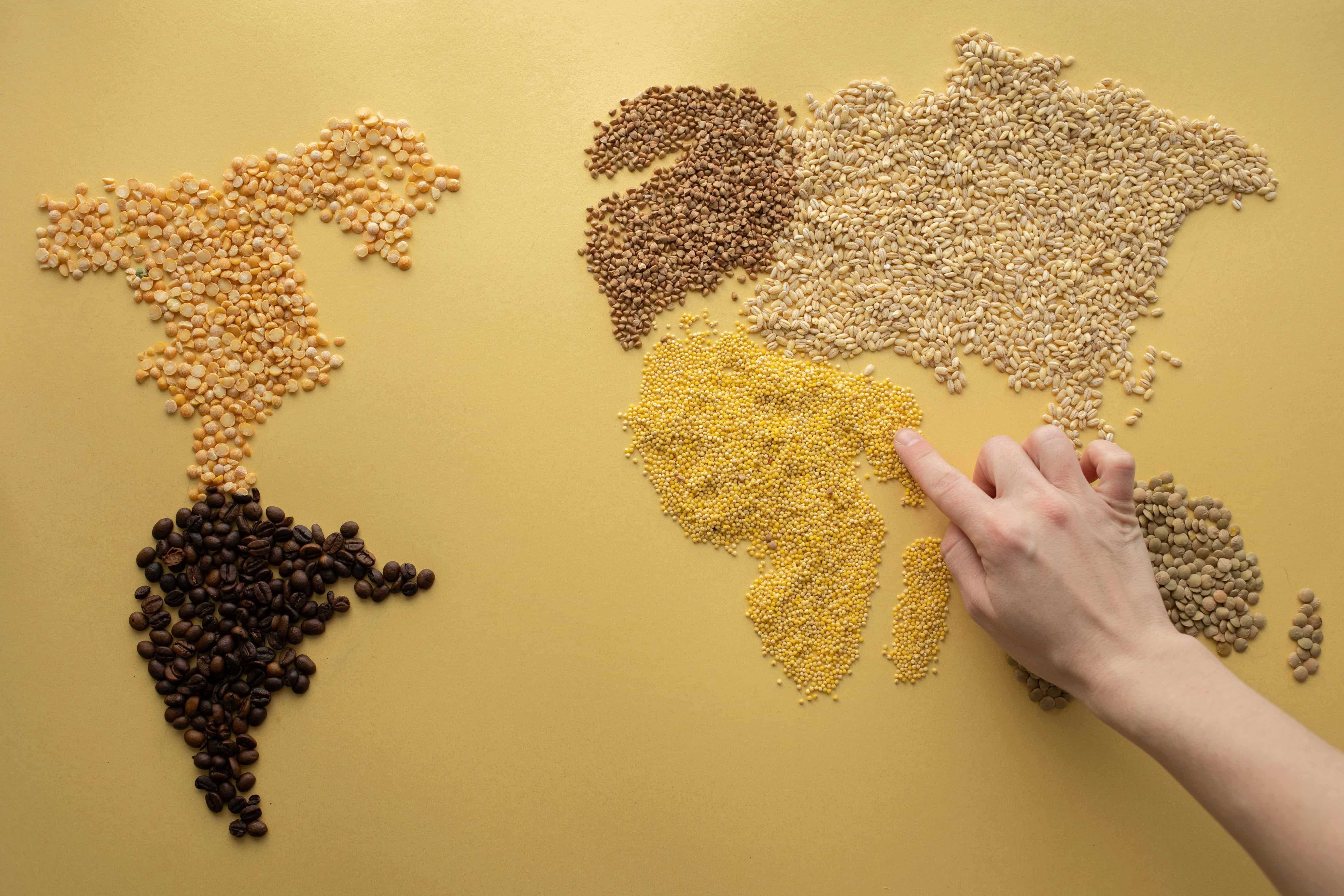
How to Incorporate Millets into Your Diet
Millets are incredibly versatile and can be used in a variety of dishes. Here are some simple and delicious ways to include millets in your diet:
- Breakfast Porridge: Cook millets with milk or water and top with fresh fruits, nuts, and seeds for a hearty and nutritious breakfast.
- Millet Salad: Combine cooked millets with colorful vegetables, herbs, and a light dressing for a refreshing and wholesome salad.
- Millet Upma: Prepare a savory millet upma with spices, vegetables, and a squeeze of lemon for a healthy and satisfying meal.
- Millet Pancakes: Use millet flour to make fluffy and delicious pancakes, perfect for breakfast or a snack.
- Millet Biryani: Replace rice with millets in your favorite biryani recipe for a nutritious twist on a classic dish.
- Millet Bread: Bake gluten-free bread using millet flour for a nutritious alternative to traditional wheat bread.
Millets are a nutritional treasure that offers a wide range of health benefits, from supporting digestive health and managing blood sugar levels to boosting heart health and enhancing immune function. Their versatility and nutrient-rich profile make them an excellent addition to any diet. Embrace the power of millets and discover the many ways these ancient grains can contribute to your overall health and well-being. Start incorporating millets into your meals today and experience the transformative benefits of this remarkable superfood.


